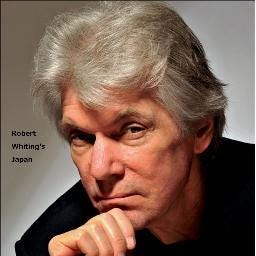Kurosawa's films reflected life in post-war Japan
TOKYO — I am not a film critic. For professional analyses of Japanese movies turn to the works of Donald Richie and Mark Schilling. However, there are a number of films I have seen over the years that have made a great impression on me, films I have seen over and over again, films that I have copies of in my DVD library, films I always recommend to friends who want to know about the cinema in Japan.
Let me start with Drunken Angel, a 1948 film by Akira Kurosawa, about an alcoholic doctor in a Tokyo slum who develops a relationship with a volatile gangster whom the doctor diagnoses as having tuberculosis. Takashi Shimura and Toshiro Mifune play the doctor and the gangster, respectively. It was the first of many collaborations involving the famed director and the two leading actors. Drunken Angel was also the first Japanese movie to portray postwar yakuza. It is memorable because of the vivid way it depicts the squalid conditions of life in the Tokyo underbelly during that era— the cheap bars, the dance halls, the pan pan girls, the street urchins playing in toxic overflowing sewer water.
Keep reading with a 7-day free trial
Subscribe to Robert Whiting's Japan to keep reading this post and get 7 days of free access to the full post archives.




